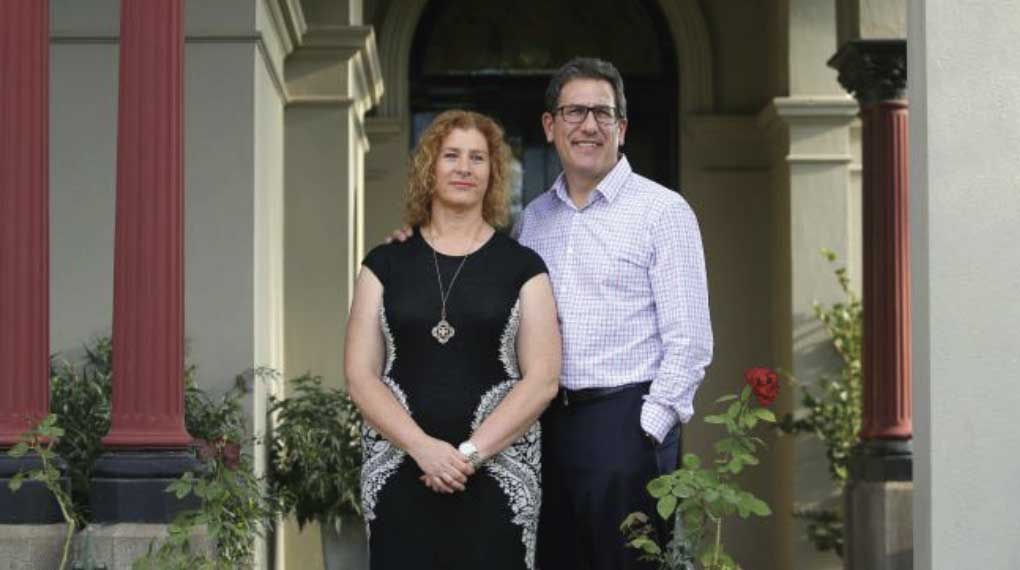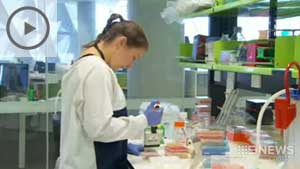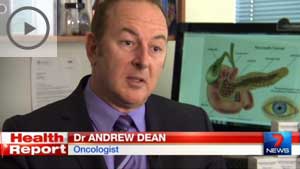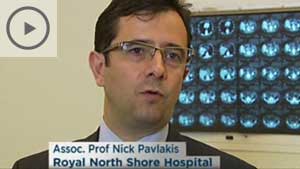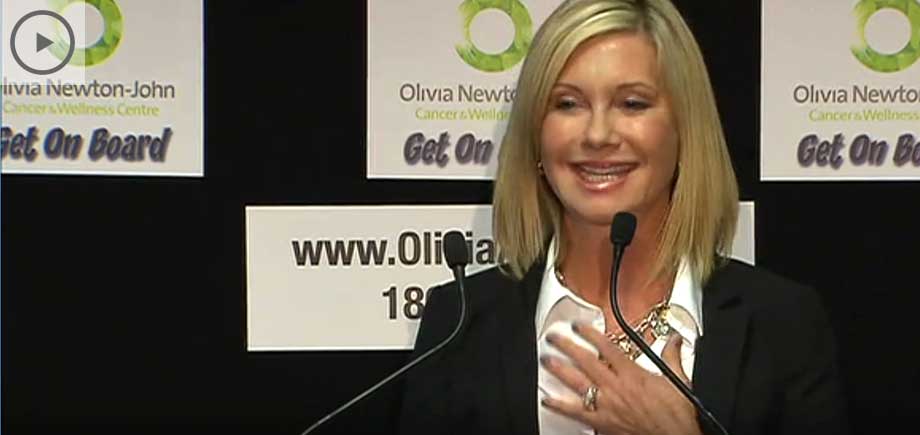Herald Sun: 8 April, 2016
HERALD SUN (MELBOURNE)
By Carlo Montagner 8 April 2016
PBS Price Cuts Cruel Pharma Innovation
Earlier this week, pharmaceutical companies across the country received a substantial financial penalty, as the federal government’s Pharmaceutical Benefits Scheme cost-saving agenda took effect.
Under this plan, expected to save the government around $3.7 billion over the next five years, all branded medicines listed on the PBS for five years or more will be available to the government at 5 per cent less than the originally agreed reimbursed price.
While taxpayers will see a difference in the price of many high-volume generics under this plan, the 5 per cent price reduction to prescribed specialty branded medicines will not result in taxpayers seeing any difference at the pharmacy counter.
That’s because a patient’s co-payment will remain the same regardless of what the government pays for the specialty medicine.
This decision will affect dozens of branded medicines and almost every pharmaceutical company in Australia. A 5 per cent price cut might seem insignificant, but in reality it will potentially slash millions of dollars from some companies’ bottom lines.
Australia’s pharma industry invests over $1 billion every year in health and medical research, exports billions in manufactured goods and indirectly employs around 20,000 Australians. But behind the scenes, and what many Australians don’t realise, is that pharmaceutical companies are innovators, educators and philanthropists. They consistently fund clinical trials of new drugs that may change lives, educate the medical community about new technologies and provide millions of dollars in financial support to health programs.
Pharmaceutical companies also frequently support extensive compassionate programs enabling patients access to specialty medicines — not yet approved or reimbursed on the PBS — that might otherwise be unaffordable or unavailable. Not every drug makes it to market. For every innovative therapy that changes lives, there are hundreds that fail — in some cases, after many millions of dollars have been spent by pharma companies in development. This is not a waste. Many a brilliant discovery was made on the back of supposed failures. The reality is innovation is risk-laden, and the financial investment required is not for the faint-hearted.
Everyone I have worked with at global pharmaceutical companies, from lab researchers to senior executives, is striving to make a difference. They constantly balance the need for commercial viability against a genuine drive to innovate and bring new life-saving medicines and technologies to their communities. So while positive for the federal Budget, these latest PBS cost-saving measures pose an unprecedented commercial challenge for innovator pharma companies.
The prices of many drugs in Australia were originally negotiated at levels that result in some of the lowest prices in the world. Further, the opportunity to increase prices once a drug has been listed on the PBS is virtually non-existent. We wear the costs of any manufacturing price rises or any significant currency devaluations from the time a drug is listed — unlike private health insurers, for example, who are accustomed to achieving increases in excess
of CPI each year. It is vital the risk companies take on behalf of all patients is financially supported.
This is the first forced price cut introduced by the government — we don’t know if it will be the last. If prices are further reduced, there is a real
possibility pharma companies will remove some specialty branded medicines from the PBS because it will not be commercially viable given the current pricing.
If this happens, cuttingedge, life-saving drug therapies currently listed and being used to treat Australian patients may become unavailable and future
breakthrough treatments may never be brought to Australia.
There is little doubt PBS pricing changes will impact innovation. Pharma companies will simply not have the same commercial incentive to include Australian sites in global studies of new drugs and technologies. I was relieved and emboldened by the Prime Minister’s Innovation Statement. However, the reality is that to remain competitive and progressive, the pharmaceutical industry must be incentivised to continue investing in Australia. I ask the
government to remember its commitment to innovation.


